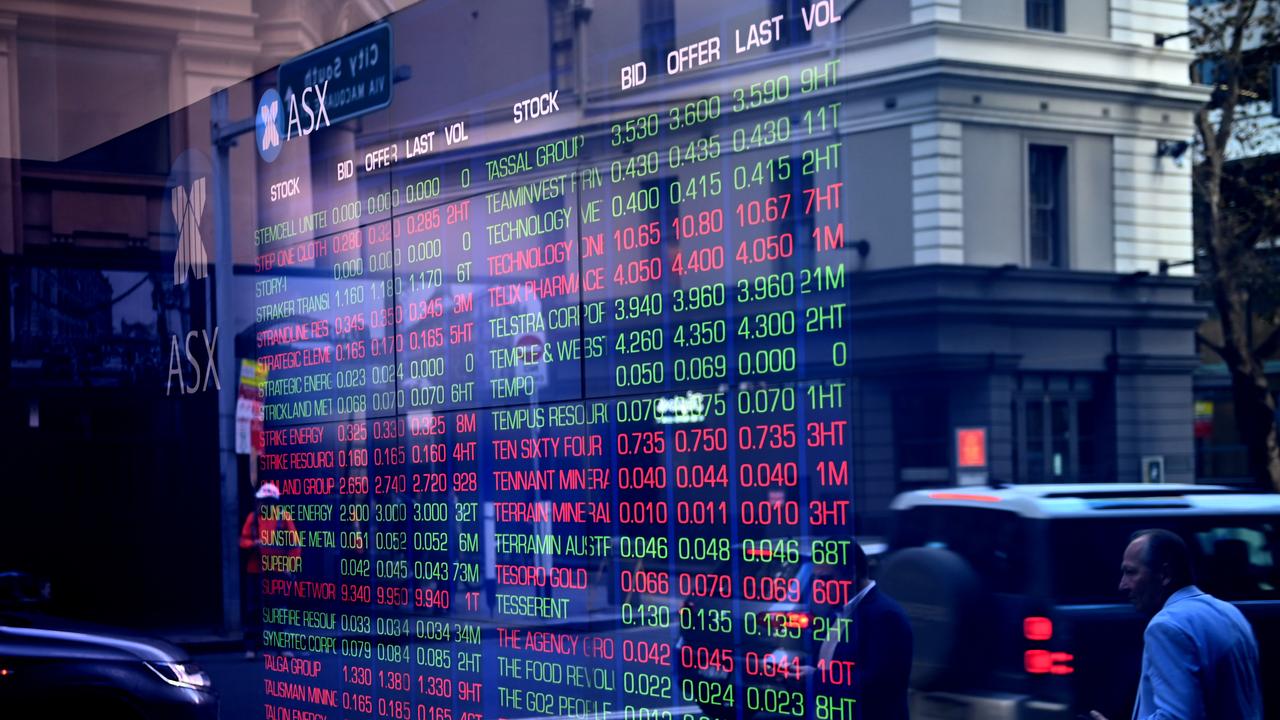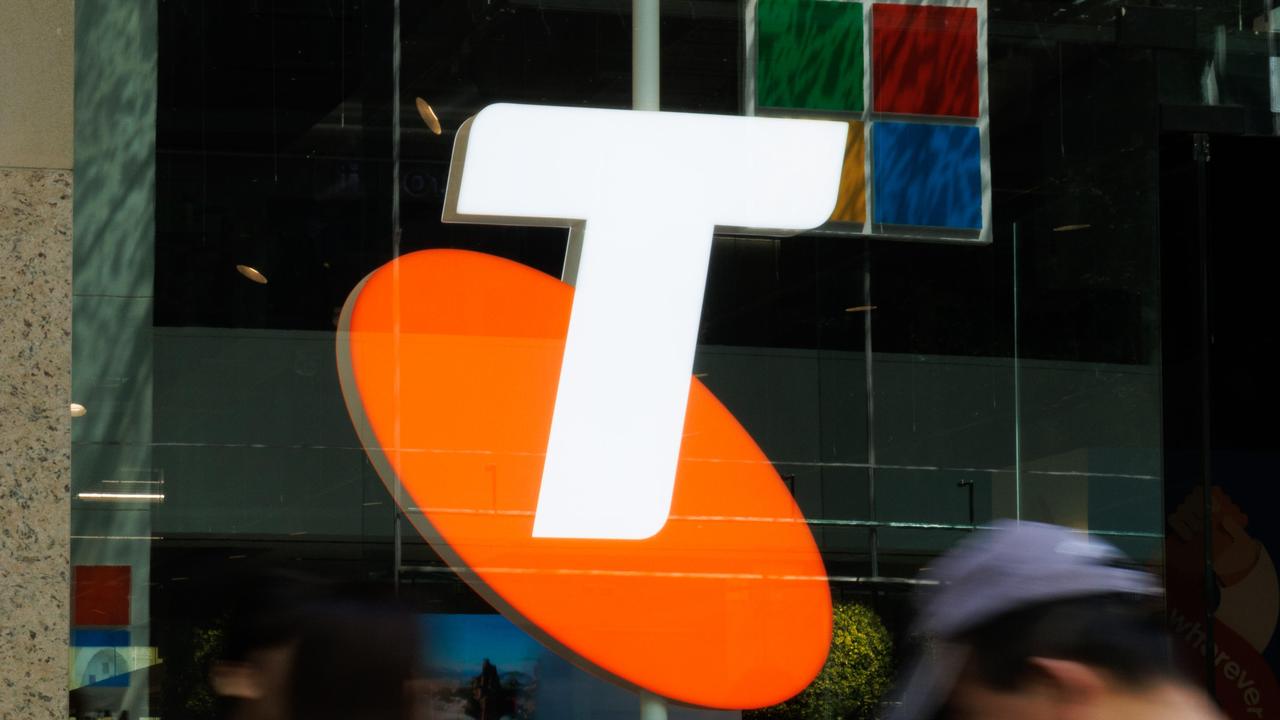Australian sharemarket hit by NSW virus outbreak concerns, CSL broker downgrade
The ASX took a hit as the ballooning Covid cluster in NSW hurt travel stocks and broader sentiment, while broker comments on CSL didn’t help.
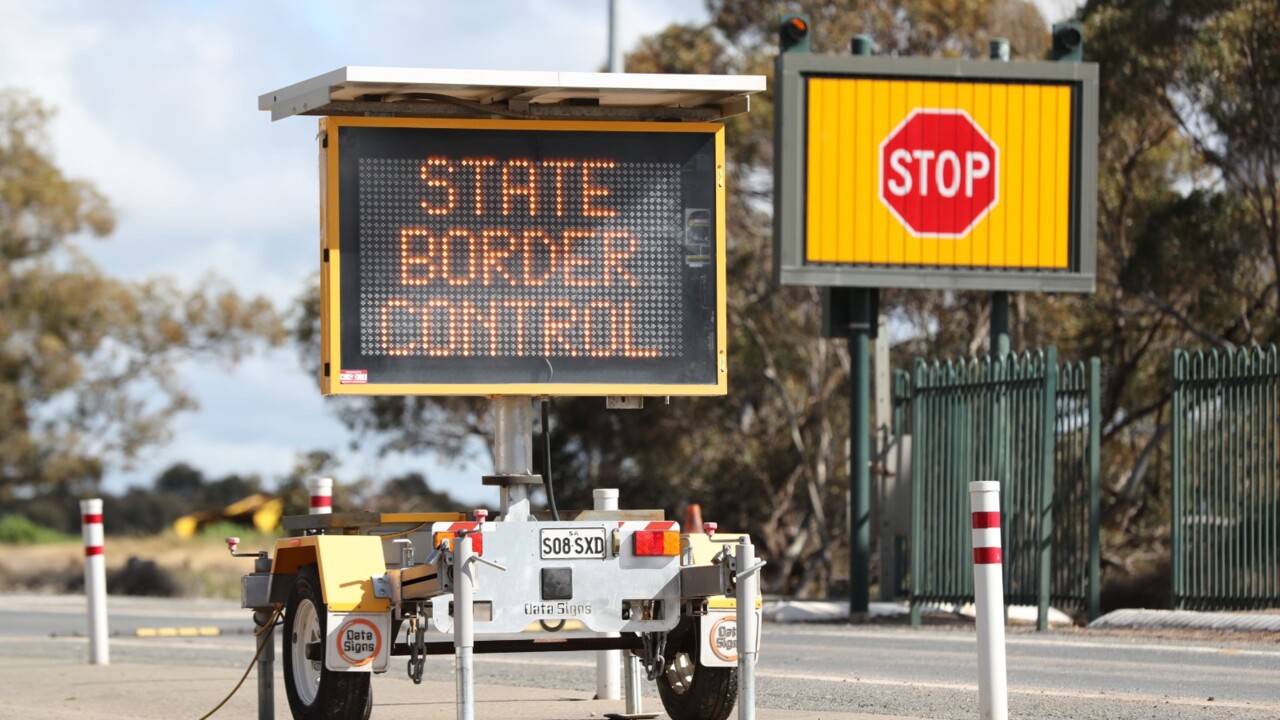
The Australian sharemarket slid lower as the ballooning Covid cluster in NSW hit travel stocks and dampened broader sentiment, while biotech giant CSL and bank stocks were other major drags on the bourse.
The S&P/ASX200 closed 0.6 per cent weaker at 7298.5 while the All Ordinaries Index dropped 0.53 per cent to 7552.1.
CommSec analyst James Tao noted Wednesday’s losses followed a strong rebound on Tuesday.
“The market has been moving a bit like a yoyo so far this week,” he said.
Market heavyweight CSL fell 2.09 per cent to $294.25 after Morgan Stanley raised concerns that new US border restrictions may slow down recovery in the company’s plasma collection efforts.
The financial advisory firm also noted CSL’s partner uniQure had reported positive data from a haemophilia gene therapy trial.
Citi downgraded CSL to from buy to neutral given the outperformance of the stock since March, saying the rating change was “purely valuation based” and it believed the plasma collection market would normalise this year.

The banks also weighed, with ANZ sliding 1.43 per cent to $28.27, Commonwealth Bank giving up 1.03 per cent to $99.20, National Australia Bank backtracking 1.35 per cent to $26.37, Westpac shedding 1.99 per cent to $26.08, Bank of Queensland erasing 2.48 per cent to $9.03 and Bendigo and Adelaide Bank declining 2.25 per cent to $10.44.
“Financials have been volatile of late, which has seen share prices of the big four banks come off recent highs,” OMG chief executive Ivan Tchourilov said.
“This has led to buying from Openmarkets clients, with Westpac being the single most purchased stock today, followed closely by ANZ.
“Investors are clearly seeing the recent pullback as an opportunity to top up or start to build a position into weakness.”
Woolworths was in the red, slipping 1.94 per cent to $42.51 after announcing the closure of its Minchinbury distribution centre in western Sydney in the 2024 financial year, saying it needed to upgrade its fragmented supply chain spanning three facilities across the city, which had limited capacity to expand range or support volume growth.
The network will be replaced with a huge new facility at nearby Wetherill Park.
The Minchinbury job losses will incur $44m in redundancy costs this financial year.
Woolworths also said it would write down the value of 13 of its small-format Metro stores in CBD locations and near train stations by $50m because lower foot traffic due to Covid had dented sales.
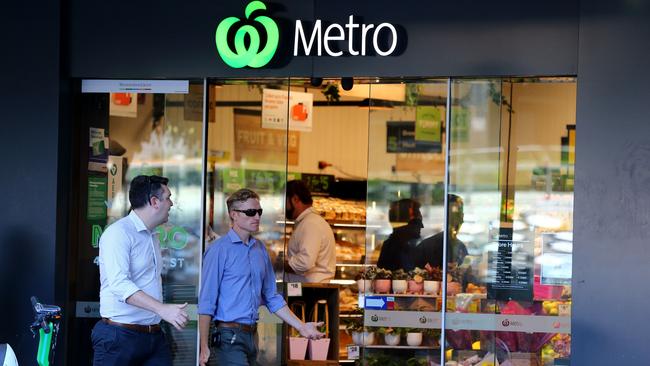
“Travel stocks were also certainly in the headlines with the growing cluster of Covid we’re seeing among the community in Sydney and parts of NSW,” Mr Tao said.
The outbreak jumped by 16 cases, prompting new restrictions in Greater Sydney, while Western Australia and South Australia slammed shut their borders to arrivals from NSW.
Flight Centre slumped 3.52 per cent to $15.06, Sydney Airport gave up 2.2 per cent to $5.79, Webjet fell 2.3 per cent to $5.08, Corporate Travel Management dropped 1.7 per cent to $20.68 and Qantas eased 0.21 per cent to $4.72.
Morgan Stanley issued a detailed research report on Qantas, saying it was trading 15 per cent below its pre-Covid market capitalisation, which was overly punitive.
It gave the airline a $5.90 to $7 per share valuation taking into consideration factors including structural cost savings and loyalty.
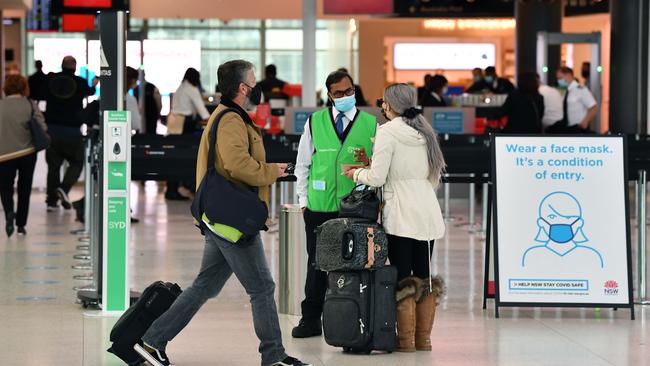
Mining stocks were a highlight, with Rio Tinto firming 0.7 per cent to $122.85, BHP rising 1.03 per cent to $47.16 and lithium miner Pilbara Minerals gaining 2.76 per cent to $1.49 after reporting strong exploration drilling results at its Pilgangoora project.
Morgan Stanley waxed lyrical about BHP in a research note, saying the merits of its low-cost assets, strong free cashflow generation, oil and gas exposure, and capital returns prospects were underappreciated.
In the tech sector, buy-now-pay-later market leader Afterpay lifted 3.17 per cent to $122.90.
“After falling 35 per cent to around $80 from April into mid-May, Afterpay has now rallied over 40 per cent from the low point,” Mr Tchourilov said.
“Its inherent volatility continues to create plenty of trading opportunities, and the same goes for Zip, which is the single most traded stock across the Openmarkets client base today.”
Zip surged 6.44 per cent to $8.60 but Openpay lost 9.09 per cent to $1.50 after rocketing 17 per cent on Tuesday on the back of a UK acquisition.
Bed linen retailer Adairs plunged 10.97 per cent to $4.06, the day after bringing forward the settlement of the deferred component of its Mocka furniture business acquisition, with chief executive Mark Ronan saying the total consideration paid “represents excellent value”.
The Aussie dollar was fetching 75.44 US cents, 54.07 British pence and 63.22 Euro cents in afternoon trade.

